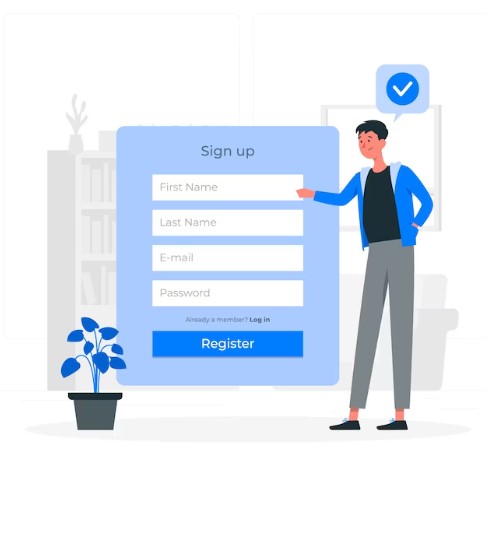Why Do Marketers Use Landing Pages Instead Of The Facebook Lead Form While Running Facebook Lead Ads Campaigns?
As social media marketing continues to gain popularity, Facebook lead ads campaigns have become a go-to method for many marketers looking to generate leads. While the Facebook lead form is a simple and efficient way to collect information from potential customers, experienced marketers often opt to use landing pages instead. In this blog, we’ll explore why marketers use landing pages instead of the Facebook lead form while running Facebook lead ads campaigns.
Increased control and customization
One of the main reasons marketers prefer landing pages is the ability to have more control and customization over the user experience. With landing pages, marketers have the freedom to design and tailor the page to their specific needs, ensuring that the messaging and layout are optimized for maximum conversions.
In contrast, the Facebook lead form only allows for limited customization options. Marketers are limited to using Facebook’s pre-designed form templates, which may not always align with the branding or messaging of the campaign.
Better user experience
A landing page can provide a better user experience for potential customers than the Facebook lead form. With a landing page, marketers can create a more engaging and immersive experience that keeps the user on the page longer, increasing the likelihood that they will fill out the lead form.
In contrast, the Facebook lead form can feel like an interruption to the user’s browsing experience. Users are taken away from the content they were viewing and forced to fill out a form on the Facebook platform, which can be a less pleasant experience.
Better tracking and data analysis
Landing pages also provide better tracking and data analysis capabilities than the Facebook lead form. By using a landing page, marketers can track how long a user stays on the page, which sections of the page they engage with, and where they drop off.
This data can be used to optimize the landing page for better conversions and provide valuable insights into the user’s behavior. In contrast, the Facebook lead form only provides basic data, such as the number of leads generated, making it harder to optimize the campaign for better results.
Ability to retarget leads
Lastly, landing pages allow marketers to retarget leads who have engaged with the page but have not yet converted. By using retargeting ads, marketers can continue to reach out to these leads and encourage them to complete the lead form.
In contrast, the Facebook lead form does not provide the ability to retarget leads who have engaged with the form but did not submit it, limiting the opportunities to follow up with these leads.
In conclusion, while the Facebook lead form is a useful tool for lead generation, experienced marketers often prefer to use landing pages instead. Landing pages provide more control and customization options, a better user experience, better tracking and data analysis capabilities, and the ability to retarget leads. By using landing pages in conjunction with Facebook lead ads campaigns, marketers can maximize their chances of generating quality leads and achieving their marketing goals.

